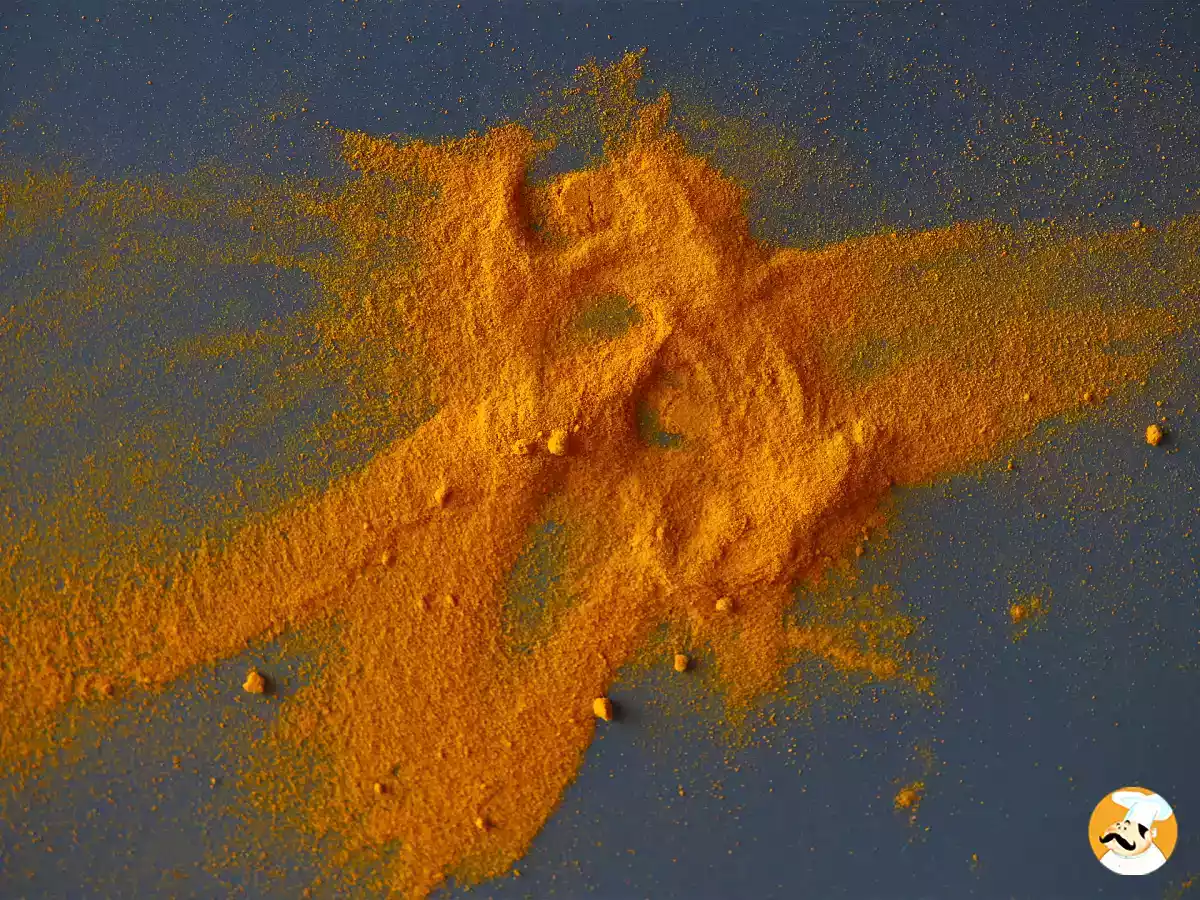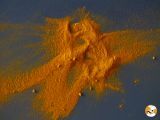Discover the spice that protects the liver and can even help prevent certain diseases!

Taking care of liver health is essential for general well-being, as this organ performs vital functions such as detoxifying the body, metabolizing nutrients and producing bile. Although a healthy and balanced diet is one of the pillars for keeping the liver in good working order, some spices stand out for their specific benefits for liver health. Among them, turmeric stands out not only for its protective action on the liver, but also for its potential to prevent certain types of disease.
The power of turmeric
Turmeric is a vibrantly colored root that is widely used in cooking, especially in Indian and Asian dishes. Its active compound, curcumin, is responsible for most of its medicinal properties. Several studies show that curcumin has anti-inflammatory, antioxidant and hepatoprotective properties, making it a great ally for the liver.
How turmeric protects the liver
Curcumin helps reduce inflammation in the liver, a condition that can lead to diseases such as hepatic steatosis (fatty liver), hepatitis and cirrhosis. It also acts as a powerful antioxidant, fighting free radicals that damage liver cells. Another important benefit of turmeric is its ability to stimulate the production of detoxifying enzymes in the liver, facilitating the elimination of toxic substances from the body.
A study published in the Journal of Food Science highlighted that curcumin supplementation can help prevent toxin-induced liver damage, reinforcing the spice's role in protecting the liver. In addition, it can be an ally for those suffering from conditions such as non-alcoholic fatty liver, helping to regulate the levels of fat accumulated in the organ.
How to incorporate turmeric into your diet
Turmeric is versatile and can be easily incorporated into a variety of recipes. It can be used as a spice in soups, stews, rice, vegetables and even in drinks, such as the popular golden milk. To enhance its absorption by the body, it is recommended to consume it together with a pinch of black pepper, which contains piperine, a compound that significantly increases the bioavailability of curcumin.
You can also find curcumin supplements in capsule form, but it is important to consult a doctor or nutritionist before starting any supplementation.
Cautions and contraindications
Although turmeric is safe for most people when consumed in moderate amounts, excessive use can cause gastrointestinal discomfort, such as nausea or diarrhea. Anyone with gallbladder problems or taking anticoagulant medication should be careful and seek medical advice before including turmeric in their diet.
Conclusion
Turmeric is undoubtedly one of the most powerful spices for health, especially for the liver. Its hepatoprotective effects make this ingredient a valuable ally in a healthy diet. Incorporating turmeric into your daily routine can bring significant benefits, helping to protect the body and promote longevity. After all, small adjustments to your diet can make a big difference to your health in the long term.
Discover some recipes that use turmeric
They're all excellent. You just have to choose!

Express coconut shrimp curry

Falafels: the quick and easy recipe

Chickpea curry, the super gourmet vegan recipe

Butter chicken, the traditional indian dish

Coral lentil dip
Read more
 Mirella Mendonça
Mirella Mendonça

Comments
Francis
Good spices to incorporate into your daily cooking, use 1/4 tsp turmeric, 1/4 tsp cinnamon, 2 dashes of black pepper and 2 tsp of olive oil for cooking rice to prolong health benefits.